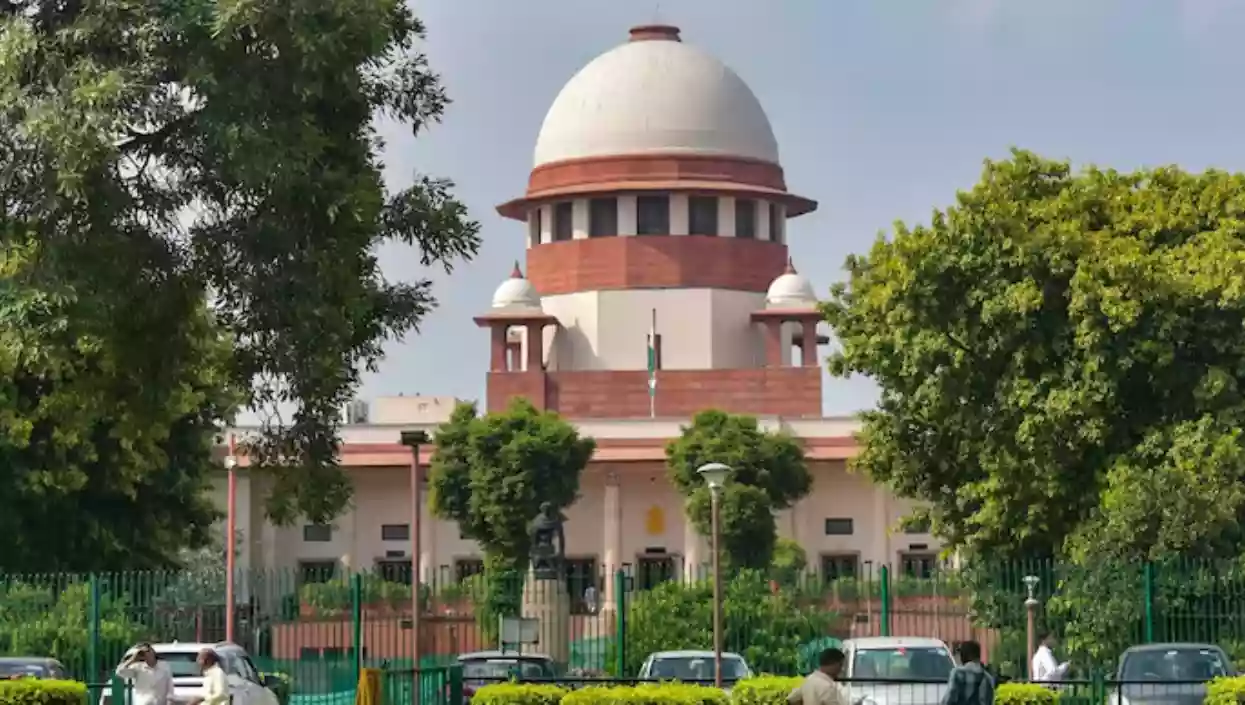.gif)
.gif)

In a landmark intervention against the rising menace of child trafficking, the Supreme Court has laid down a clear set of guidelines for swift action and accountability. The top court declared that if any newborn is trafficked from a hospital, the first and immediate step must be to suspend the hospital's licence.
The comments came during the hearing of a disturbing case where a baby was stolen and handed over to a couple in Uttar Pradesh who were allegedly desperate for a son. The baby was bought for ₹4 lakh, a transaction the court deemed a “serious societal threat.” The couple knew the baby was stolen but proceeded with the adoption regardless, highlighting the deep-rooted issues in child protection systems.
A bench of Justices JB Pardiwala and R Mahadevan criticised the Allahabad High Court for granting anticipatory bail to the accused without applying sufficient legal scrutiny. The Supreme Court overturned the bail, observing that the High Court acted "callously" and failed to impose basic conditions such as weekly police reporting, leading many accused to go underground.
The court did not spare the Uttar Pradesh government either. It pulled up the administration for showing no seriousness in appealing against the bail orders. “We are thoroughly disappointed. No appeal was filed. No urgency was shown,” said the judges, reflecting frustration at the state’s lethargy in addressing child trafficking.
Taking a national view, the bench directed all High Courts to gather the status of pending trials in child trafficking cases and ensure they are completed within six months. It further ordered day-to-day hearings to fast-track justice and prevent the cases from dragging on endlessly.
The court also stressed that this is not an isolated problem. In February, the Centre had admitted that nearly 36,000 children remain untraceable since 2020. The Supreme Court’s move signals a new era of zero tolerance, warning that any future laxity in such sensitive cases will be treated as contempt of court.